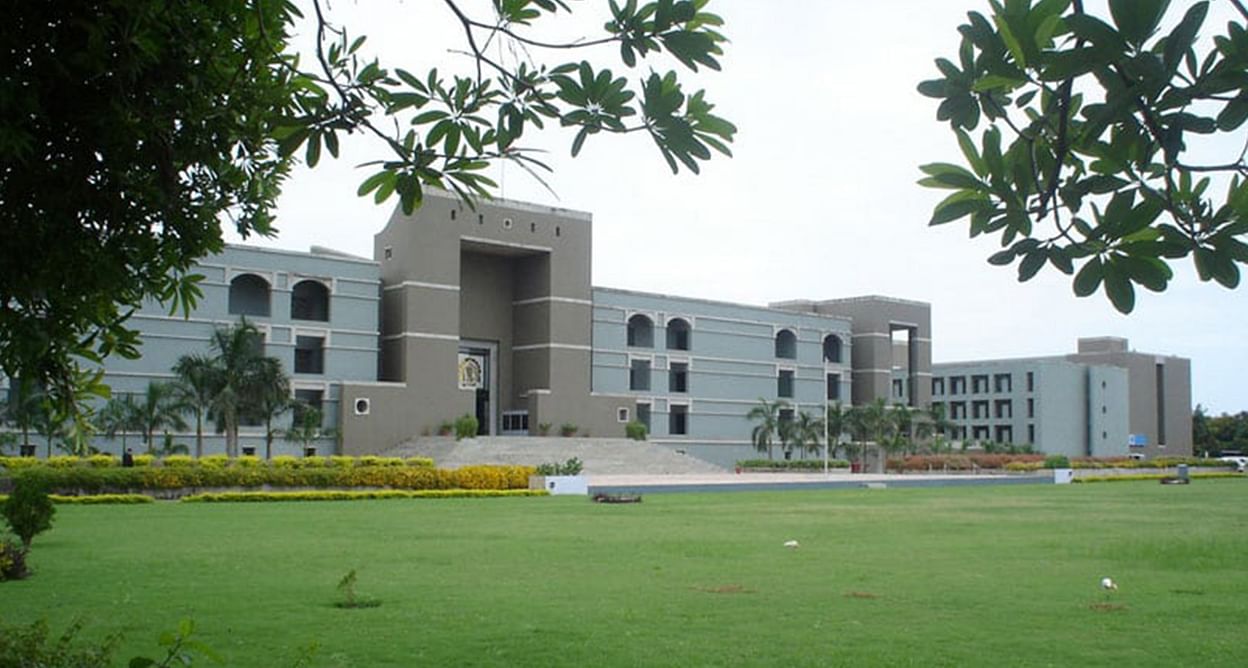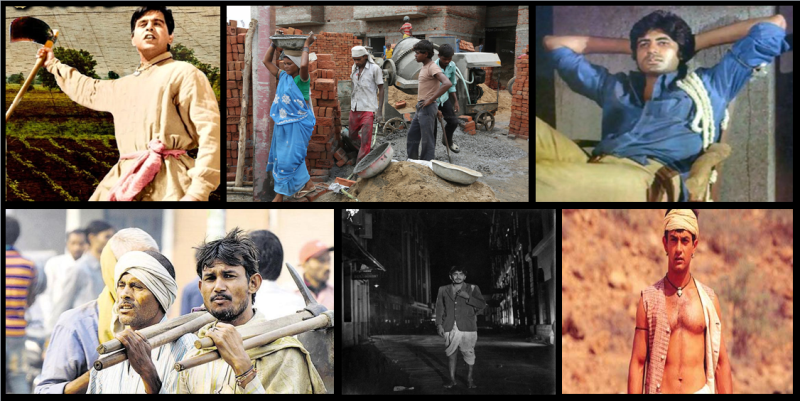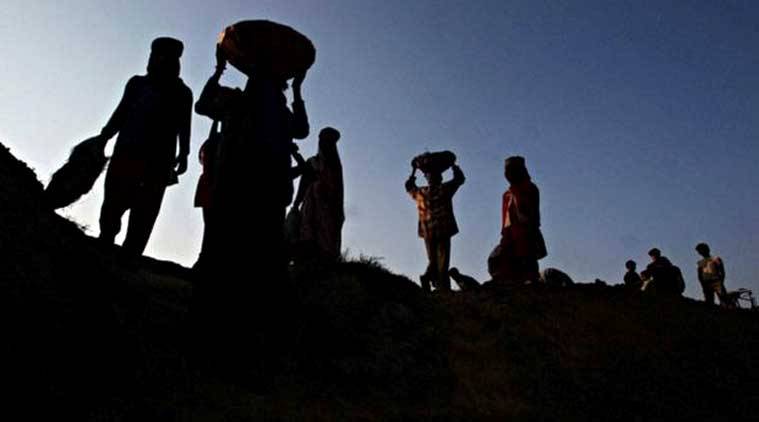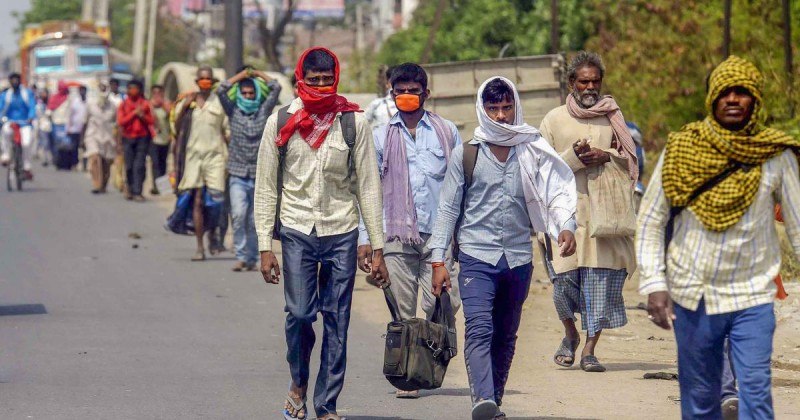GUJARAT | In a very poignant and timely remark, the Gujarat High Court said on Monday that the poor aren’t affair of COVID-19, they are afraid that they would die due to starvation.
The court issued this statement while it was hearing a suo moto petition entitled ‘Precautionary Measures in the wake of the pandemic of Coronavirus (COVID-19)’ that had been initiated by it on March 13.
The bench comprised of Justice J.B. Pardiwala and Ilesh J. Vohra who observed: “The situation seems to be going out of control. Although the state government is doing its best to combat the situation, yet we find that something is wrong somewhere. It appears that there there is no proper coordination amongst various departments of the state government. What is most essential as of now is more humane approach or touch.”
The court also went ahead and reminded the state government of its responsibilities as far as dealing with the most downtrodden sections of the population was concerned. The court highlighted that more than being afraid of the coronavirus itself, the poor and underprivileged sections of the population were afraid of dying a death caused by starvation. The court reminded both the state as well as the Centre of its paramount responsibilities towards the poor in India and the need to take them in confidence so that the crisis can be mitigated in the best way possible.
The court directed Advocate General Kamal Trivedy and government pleader Manisha Lavkumar Shah to discuss the issues with the highest authorities of the state government and come up with concrete plans to help out migrant workers and daily wage earners. The court scheduled the next hearing for May 14 and ended its order by saying, “ We would like to convey a message to the people at large that do not lose heart. Everything that has a beginning has an end . Novel COVID-19 is not immortal. We all need to stand united and fight. People with resources should stand besides the frail, aged, needy ad poor. Trust in the almighty.”
The court has ordered the state authorities to ensure that arrangements for food and healthcare are made available to the poor and it looked after stranded migrant workers in shelter homes. It also underlined the need for ensuring that every shelter home had adequate food and water and sanitation was taken care of. The court also observed that everyday hundreds of migrant workers with small children could be seen in different parts of the state and more specifically on the highways and that their condition was pathetic.
Their condition is nothing short of inhumane and horrendous.
It was also highlighted that due to the lockdown many people were being denied medical facilities and that there was an urgent need to ensure that such things didn’t happen in future.
We hope that the court’s advice does not fall on deaf ears and the government braces itself for more effective mitigation strategies amid the lockdown to ensure that relief measures reach the poorest of the poor.













